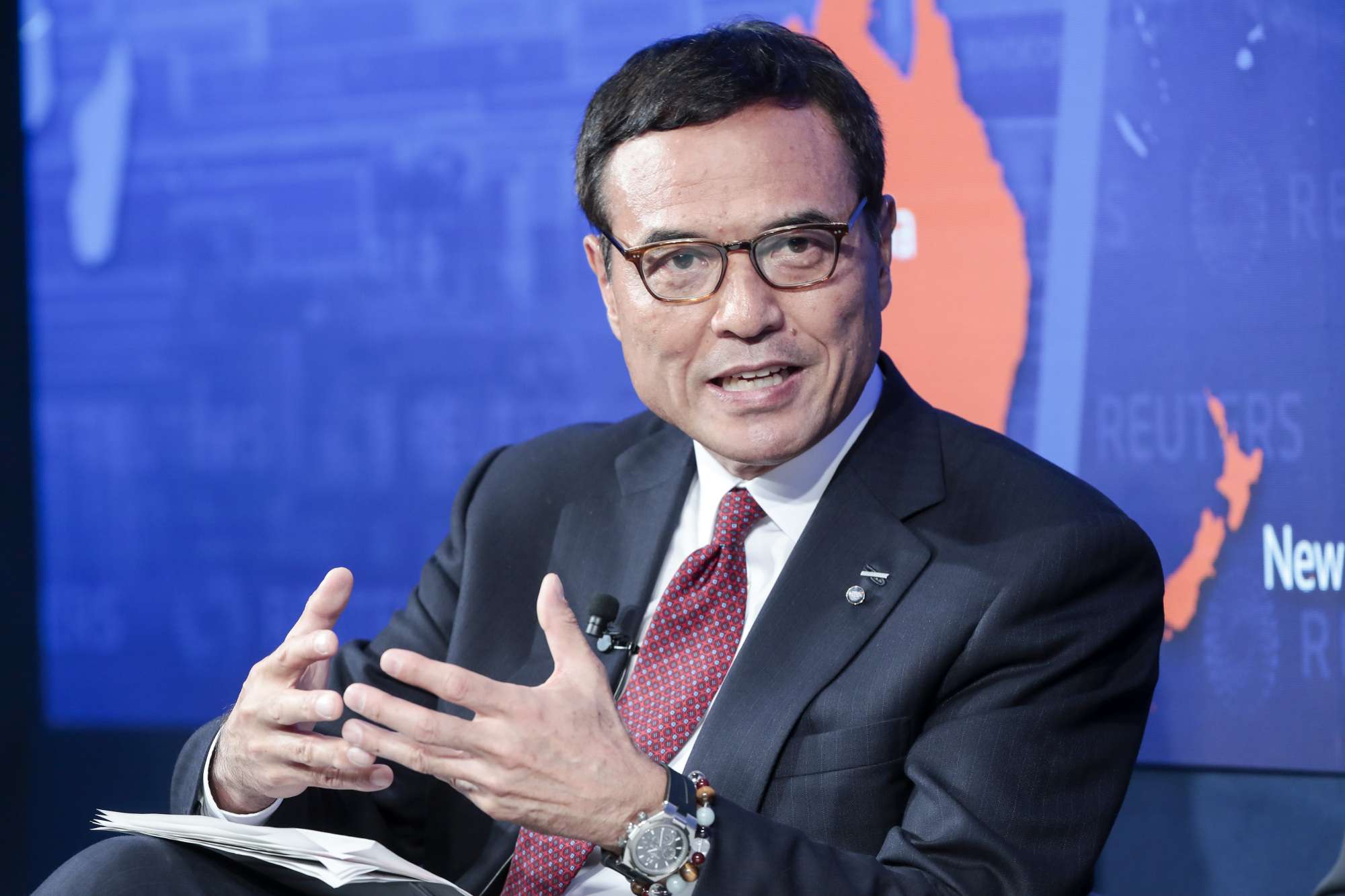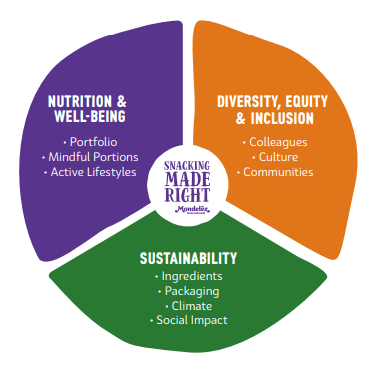China’s Economic Struggles and the Fukushima Water Release: Insights from Suntory Holdings CEO
China’s economic challenges might be intensifying its backlash against Japan due to the release of treated water from the Fukushima nuclear plant, according to Takeshi Niinami, the CEO of Suntory Holdings.
Despite the tensions, the global beverage titan remains committed to its investment strategies in China, the world’s second-largest economy. However, Niinami hinted at potential changes if the situation drags on.
Niinami’s concerns mirror those of Japan’s fishing sector regarding the Chinese mainland’s situation and Japan’s aspiration to sustain strong relations with China.
The already delicate relationship between Japan and China has been strained further due to disagreements over chip export regulations and the Taiwan Strait. The recent decision by Tokyo to release treated Fukushima water has exacerbated these tensions.
Supporting Japan’s decision, Niinami emphasized that it adhered to global standards. He noted that China’s strong reaction, which includes bans on Japanese seafood and disruptive phone calls, is inconsistent with other nations’ responses. He speculated that China’s internal challenges, like its economic downturn and youth unemployment, might be influencing its external reactions.
China’s economic growth is slowing down, with the property sector in crisis and a record youth unemployment rate surpassing 21%.
China has expressed concerns over the safety of the released water and reported receiving disruptive calls at its embassy and consulates in Japan.
China’s Market Potential for Japanese Companies
Despite the Fukushima incident’s impact on Suntory’s operations in China, Niinami believes China remains a lucrative market. He expressed hope that Beijing would introduce tax reductions and reforms to rejuvenate the private sector, drawing parallels with Japan’s past economic stagnation.
For numerous Japanese firms, China continues to be a pivotal market, boasting vast supply chains. A recent Reuters poll revealed that 82% of major Japanese businesses view China as crucial for their future endeavors. This contrasts with some U.S. companies’ perspective, as mentioned by U.S. Commerce Secretary Gina Raimondo, who labeled China as “uninvestible”.
Regarding Japan’s domestic scenario, Niinami felt the government should do more to bolster small enterprises, enabling them to increase salaries and retrain workers for emerging sectors like green tech and healthcare. He emphasized the need to prioritize individuals over corporations in future strategies.



